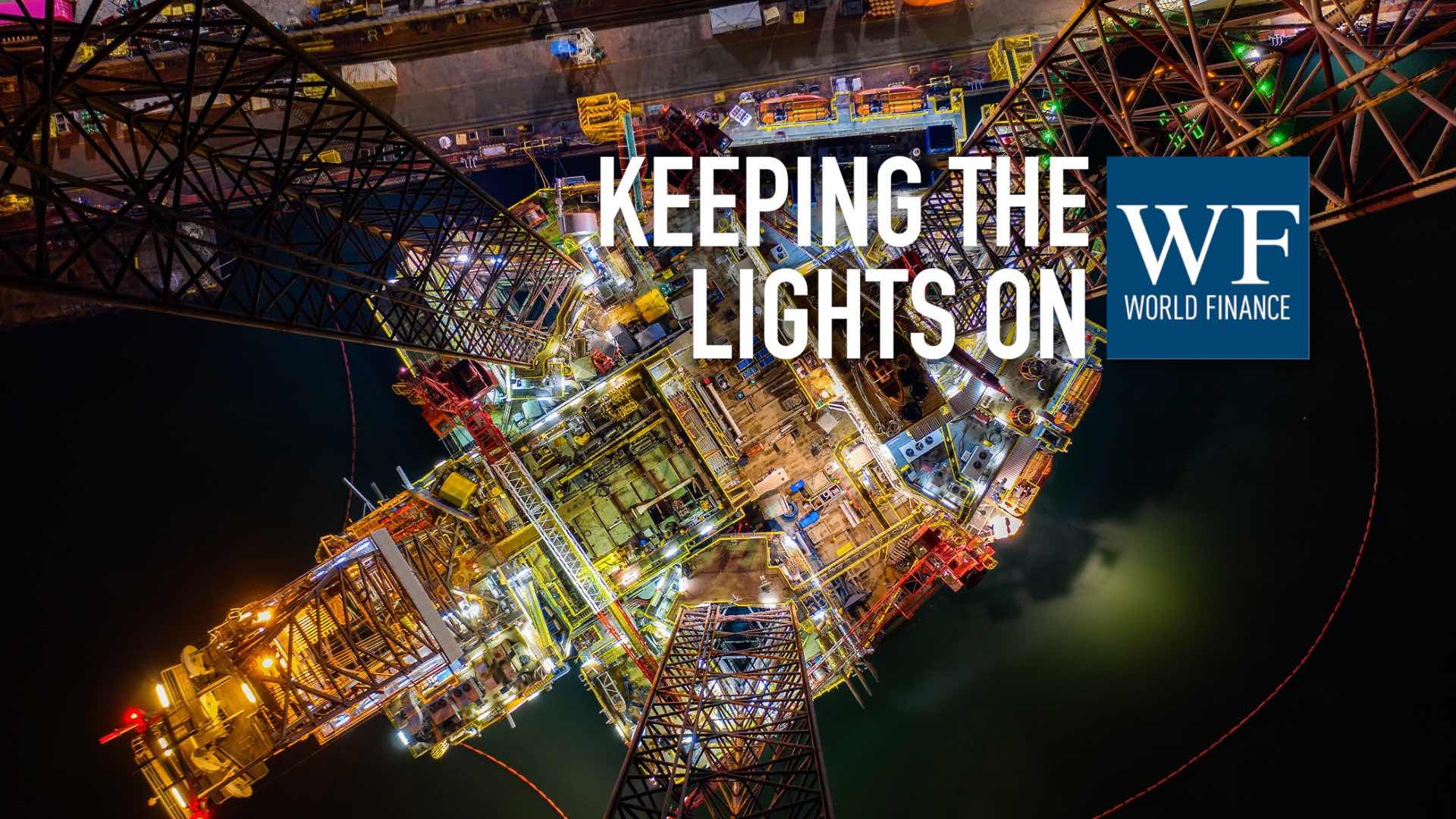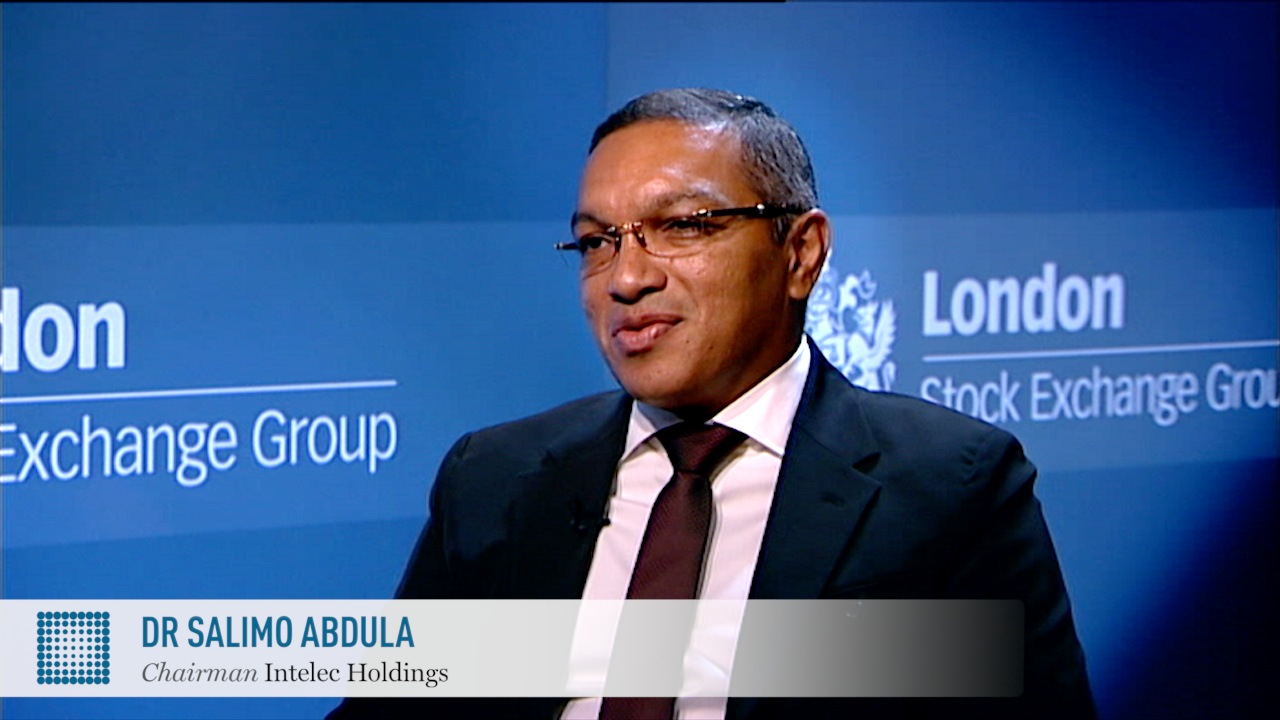PetroRio: Small indie oil firms will profit most from Petrobras sell-off
Nelson Tanure and Renato Jerusalmi on the future for Brazil's oil industry as Petrobras continues to divest its assets
Related:
Transcript
How do you retain profitability when your primary commodity halves in value? That’s been the challenge for oil and gas players over the last few years. Nelson Tanure and Renato Jerusalmi from independent oil producer PetroRio discuss its strategy for success. In 2015 the firm sold off its exploratory assets to focus on oil development and production – a lower risk strategy for a small oil player. Now unleveraged and with strong cashflow from the Polvo field, the business is looking to expand through acquisitions – including from the scandal-plagued Petrobras.
World Finance: How do you retain profitability when your primary commodity halves in value? That’s been the challenge for oil and gas players over the last few years; here to explain PetroRio’s strategy for success: Nelson Tanure and Renato Jerusalmi.
Nelson, 2015 obviously a very challenging year across the industry, but you had a highly profitable one. So how did you cut costs and turn the company around?
Nelson Tanure: We went through the same struggles as everybody else. But part of the reason why we had a good year was that in actual fact it began in the second semester of 2014. We needed to be profitable with oil prices below $45, and in fact it wound up even surpassing this low.
But we were able to lower costs significantly to put in a variable component in relation to the oil price. So if oil went up so did the supplier cost. But oil going down, they shared the burden together with ourselves.
So the focus was very much on profitability. And above everything else, the reason why we had a good year was essentially people. We had very creative, very dedicated people who searched for returns and who searched for doing things the right way.
So we come out of the year with a bigger cash position than we went in. We preserved our balance sheet. And from a strategic point of view, looking at our assets, we increased our position in a profitable, producing asset, which is Polvo. And we divested out of the non-core exploration assets. So it was a good year for us.
World Finance: Indeed it was a transformative year for PetroRio, changing from an exploration company to a producing and developing one. What was the motivation behind that shift?
Renato Jerusalmi: First it was survival mode. Because we changed from a poor exploration company that was spending a lot of CapEx in Solimoes, to a development and production company that bought a producing field from BP, which was Polvo.
The second part of it was, this strategy fits much better for a small company in which you have a lower risk strategy of buying producing assets with cashflows, than having much higher risk of spending CapEx in exploration. So it fits well with our strategy. It really has three pillars.
The first one is operational – we want to replicate what we did in Polvo. We want to reduce OpEx, and really focus on reservoir management to increase reserves in small fields – that are considered small for the majors, but are quite a considerable size for us.
The second part is leverage. As you know we’re highly unleveraged, so we have a lot of leverage room.
And finally we have a very strong capital discipline, so we only want to do creative deals. So I think we’re a lean company: we cut costs, we cut OpEx really well. We have much better operations to generate value for our shareholders.
World Finance: Looking at the oil and gas industry in Brazil, how are things going to be changing in the next year or two? In the wake of the Petrobras scandal.
Nelson Tanure: The company’s facing a lot of pressure. Together with the fact that we’re getting to the point where the major oil companies – many of their fields are reaching their midpoint, where they’re becoming a bit mature. So that’s generally when a major will look to divest. And for an independent company such as ourselves, this is the perfect timing. Because from a balance sheet perspective, in cash; and from an operational point of view; we are the ideal company to be able to buy these assets.
So we expect to keep on an upwards trend, and ideally be able to make some very creative acquisitions.
World Finance: How are you going to be funding that?
Renato Jerusalmi: We’re looking at first leveraging the company in a responsible manner. The company is highly unleveraged, so now with net cash at around $130m. Also, because we’re buying producing assets, those assets have cashflows. So we’re also going to leverage those assets.
Then the second step, I think after the leverage, will be looking at some partnerships on an asset level. And finally, if we keep finding creative opportunities, we can always think about new equity. We’re listed on BOVESPA, we’re listed on TSX. So I think we have a good capital base to raise equity if we would like to.
World Finance: Aside from acquisitions, your current asset, the Polvo field. What are the growth prospects there?
Nelson Tanure: Polvo is a field that produces around 9,000 barrels of oil per day. And part of the reason why we like the field so much is that it has a characteristic that we always look for. So besides steady production there are upside opportunities. And in Polvo specifically, we just underwent a very successful workover campaign, where we increased production. And we’ve also identified further prospects for eventual drilling.
We’re looking at drilling in the first semester of 2017, if all things work out well. And we should see a nice improvement in production.
Renato Jerusalmi: When we did the redevelopment programme, which was the first semester of this year, we found a new reservoir. We proved a new reservoir – which was new sandstones. This generated a new prospect to us. So that’s one of the examples that we can generate value within the producing fields. And as you know, in oil and gas, most producing assets have some exploration upsides. So most of the acquisitions we’re looking at have some exploration upsides.
So it’s not our core, but of course we’re going to look at organic growth and some creative exploration upsides.
World Finance: Renato, Nelson, thank you.
Nelson Tanure: Our pleasure, thank you.
Renato Jerusalmi: Thank you.

 ‘Our people perform miracles’: How Foresight keeps drilling through COVID-19
‘Our people perform miracles’: How Foresight keeps drilling through COVID-19 Dr Salimo Abdula on oil production in Mozambique | Intelec Holdings | Video
Dr Salimo Abdula on oil production in Mozambique | Intelec Holdings | Video
